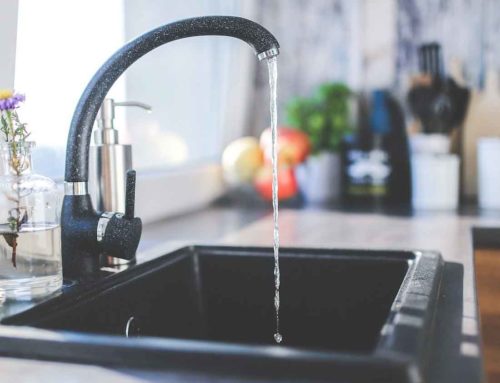The gut microbiome refers to the community of bacteria living in your gastrointestinal system. Within it, you’ll find good bacteria (probiotics), bad bacteria, yeast (like candida albicans) and other microorganisms. When your gut microbiome is balanced, the ratio of good bacteria to bad will be higher keeping everything in check.
It’s important because your gut microbiome is linked to your overall health. It can affect your digestion, immunity and brain health. Your gut is a major line of defence against pathogens housing 70% of the immune system. The bacteria in your microbiome even makes vitamins like vitamin K which is important for blood clotting, and B vitamins that your body uses for energy production.
Unfortunately, most of us don’t have the healthiest microbiome. With high sugar diets, antibiotics and toxic elements in our living environments our good bacteria can be depleted, making room for yeast overgrowth or bacterial infections.
So how do you know if your gut microbiome is healthy or not? The easiest way to tell is through your symptoms. The signs and symptoms you experience is your body way of communicating whether something is wrong or not.
17 signs you have an unhealthy gut microbiome
- Gas or bloating
- Indigestion or heartburn after meals (sometimes this is called GERD, but that is just a fancy name for heartburn)
- Irregular bowel movements (diarrhea or constipation)
- Food allergies or sensitivities
- Frequent colds or flues
- Infections such as UTIs or yeast infections
- Sugar cravings
- Lack of energy or fatigue
- Mood swings or irritability
- Skin issues (acne, eczema, or non-specific rashes)
- Depression or lethargy
- Weight gain or weight loss
- Brain fog or trouble concentrating
- Headaches
- Inflammation or increased pain (especially joint pain)
- Thyroid issues
- Autoimmune disease
How to nourish your gut microbiome for better health
If your gut microbiome needs some attention, here are four ways to start restoring balance.
1. Ditch the sugar
Sugar feeds bad bacteria and yeast in your digestive tract making it harder for your good bacteria to keep up. The problem though, is the more sweet stuff you eat, the more you crave. Sugar creates an addictive cycle in the brain similarly to the way cocaine would, so those cravings you’re finding so difficult to kick aren’t just a matter of self discipline. Try doing a sugar detox for a couple of weeks and get your blood sugar under control. Avoid sugar in all of its forms including high sugar fruits and refined carbohydrates (they turn to sugar in the blood). Instead, add in high fiber foods like lots of vegetables, and eat protein with every meal to balance your blood sugar levels throughout the day.
2. Eat your probiotics and prebiotics
Probiotic-rich foods like raw fermented sauerkraut, kimchi, yogurt, kefir and kombucha are all great sources of dietary probiotics. Eating them regularly can help strengthen the health of your gut microbiome.
Additionally, you want to be eating prebiotic-foods as well, which act as food for the probiotics in your microbiome. Specifically that includes fiber-rich foods like garlic, onions, legumes, oats, bananas and leafy greens. Your gut bacteria breaks down the fiber for their own energy helping to support colonization of healthy bacteria in the gut.
3. Supplement
Supplementing with a probiotic can help to speed healing, improve gut diversity and restore the health of your microbiome. Look for a product that contains a variety of bacterial strains with a high amount of colonizing units per capsule such as 50 billion live cultures.
Chew on this
If you’ve recently been on antibiotics, you’ll definitely want to use a probiotic supplement for at least a few months afterwards. Antibiotics destroy bacteria in the body non-selectively, meaning they also kill the probiotics you need to keep your gut microbiome healthy.
What do you do to keep your gut healthy? Share your tips with us in the comments below.





Bone broth and chicory coffee